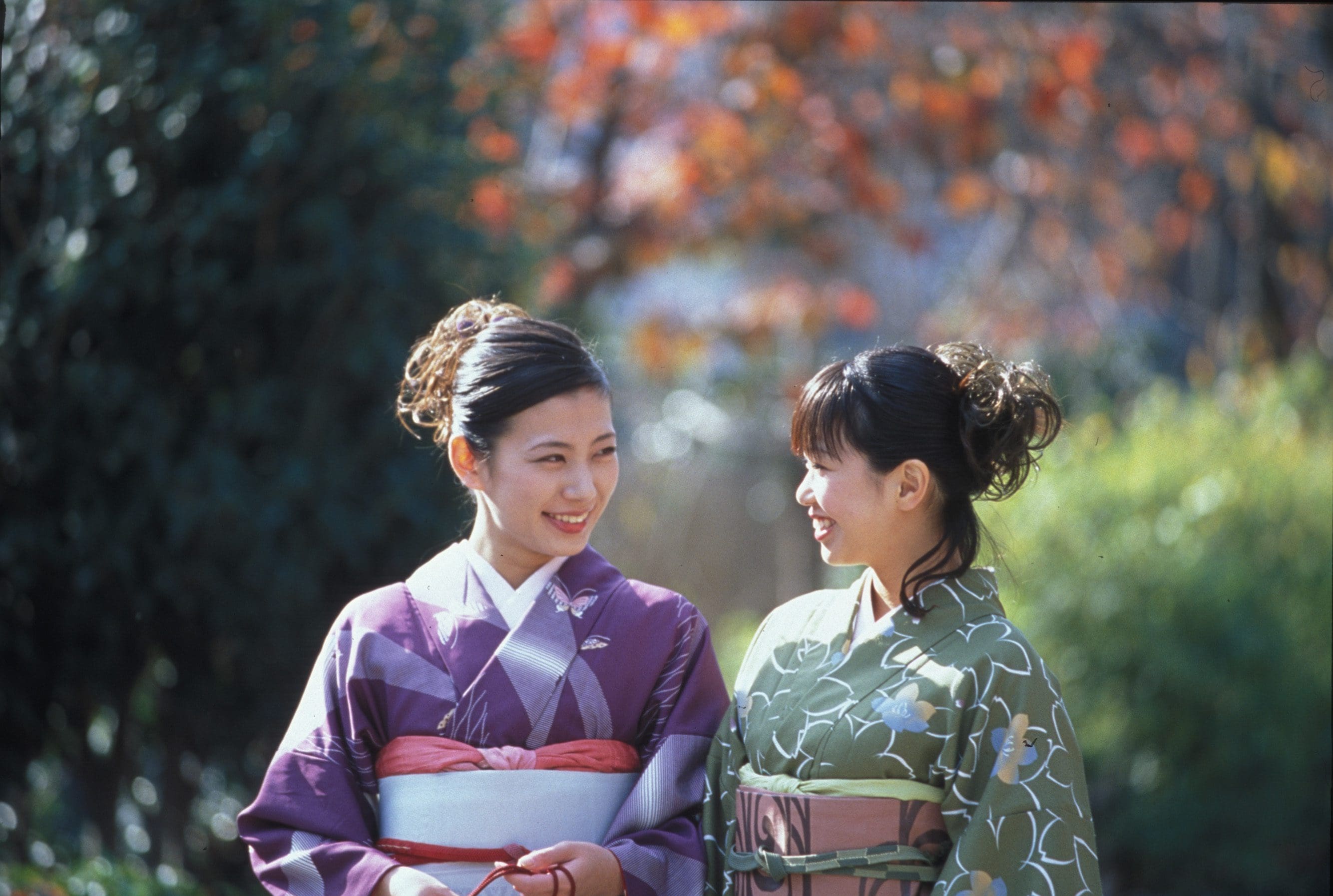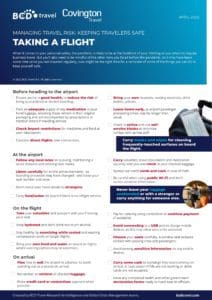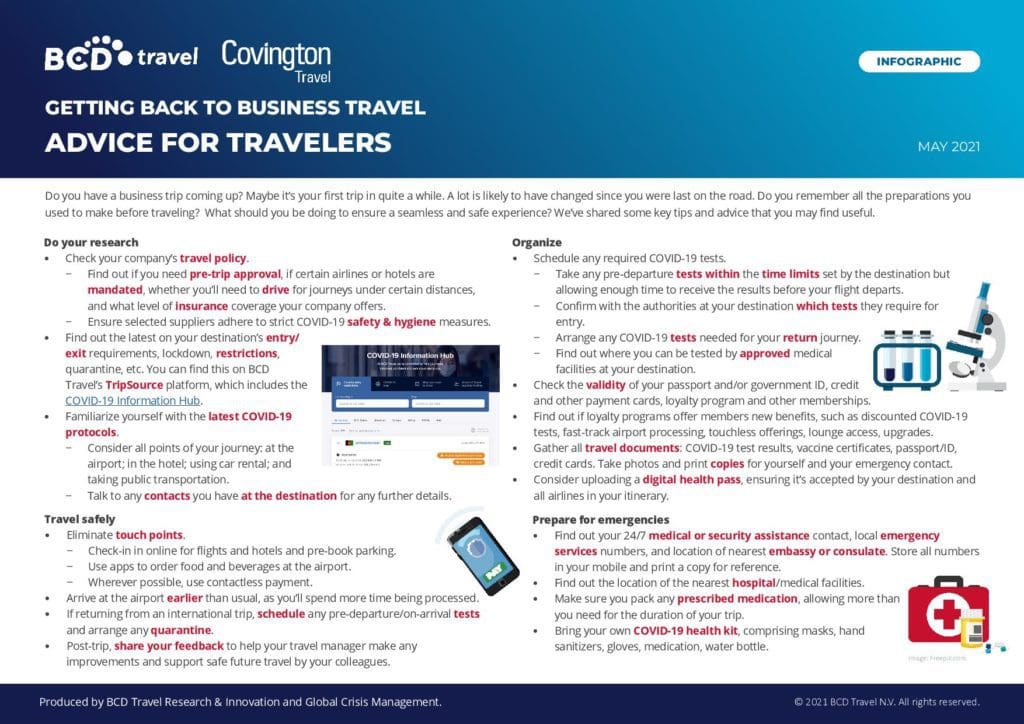Your passport is current, your bags are packed, and you have planned the perfect itinerary. You know what you hope to get out of the trip, but what impression will you leave behind? Unfortunately, Americans have a reputation for creating a less than desirable effect in our wake. Here are five simple guidelines to insure that you are a gracious guest in a foreign country.
 First and foremost, learn a few words of the local language. You don’t need to be fluent but you should make an effort. A simple bonjour (French), konnichi wa (Japanese), or jambo (Swahili) will open a conversation. Always know the words for please and thank you and use them often. Upon departure, a warm arrivederci (Italian), or maa el salama (Arabic) leaves an impression of appreciation of the local culture.
First and foremost, learn a few words of the local language. You don’t need to be fluent but you should make an effort. A simple bonjour (French), konnichi wa (Japanese), or jambo (Swahili) will open a conversation. Always know the words for please and thank you and use them often. Upon departure, a warm arrivederci (Italian), or maa el salama (Arabic) leaves an impression of appreciation of the local culture.
Since eating is a universal requirement, know the local customs. Many countries have customs that are different from American etiquette. In Chile, wine should always be poured with the right hand. In Japan, feel free to slurp because it means you are enjoying the dish. In Spain, dinner is typically enjoyed 9:00 p.m. or later. Always be prepared to smile and push  around anything that is unpalatable to you to avoid disrespect, and keep in mind the gastronomic pleasures of the world are often quite different from American burgers and fries.
around anything that is unpalatable to you to avoid disrespect, and keep in mind the gastronomic pleasures of the world are often quite different from American burgers and fries.
Possibly the most obvious way to spot an American is in our attire. “Trainers”, or athletic shoes, are an obvious give-away. We tend to wear shirts with logos or shorts and sandals in any weather above 50 degrees. Instead, try a classic approach of grays, blues, and blacks that are more conservative and globally accepted. Even for warm climates, always pack slacks, shirts with sleeves, and dress shoes for evening dining and visiting houses of worship.
Americans are often guilty of over tipping. This can be construed as flaunting wealth, but under-tipping is equally offensive. Know the local expectations or ask the hotel concierge what is considered appropriate. In Europe, service is usually included in your restaurant bill. In Egypt, public restroom attendants may dole out toilet paper based on tip amount, while taxi drivers in Italy do not expect gratuities.
 Physical gestures have different meanings in foreign countries. Do your homework and know the implication of certain movements. In Thailand it is grossly disrespectful to point at or touch someone with your foot. Don’t be appalled at someone blowing their nose on the ground in China, as it is an accepted practice. In Latin America, people tend to stand closer, so backing away could be considered rude. The “OK” gesture, with thumb and index finger, is considered obscene in Spain.
Physical gestures have different meanings in foreign countries. Do your homework and know the implication of certain movements. In Thailand it is grossly disrespectful to point at or touch someone with your foot. Don’t be appalled at someone blowing their nose on the ground in China, as it is an accepted practice. In Latin America, people tend to stand closer, so backing away could be considered rude. The “OK” gesture, with thumb and index finger, is considered obscene in Spain.
Wherever your travels take you, ask your travel advisor for a Weissmann Report before the trip. It is a comprehensive destination report that includes “must see and do” suggestions; dining, shopping, and entertainment options; history and geography of the destination; money and weather considerations; a current calendar of events; and the all-important etiquette guide. As you travel, you are a representative of your own culture. Remember to respect the differences you encounter and embrace them. A little homework can insure that your hosts see you as a gem, not a jerk.






It’s funny to read this with host eyes, but it’s good to teach it!
Marco
Hi Marco – Thanks for your comment. Sounds like you have hosted American visitors. I’m curious about your perspective. Please share any additional mannerly tips with us. – Beverly